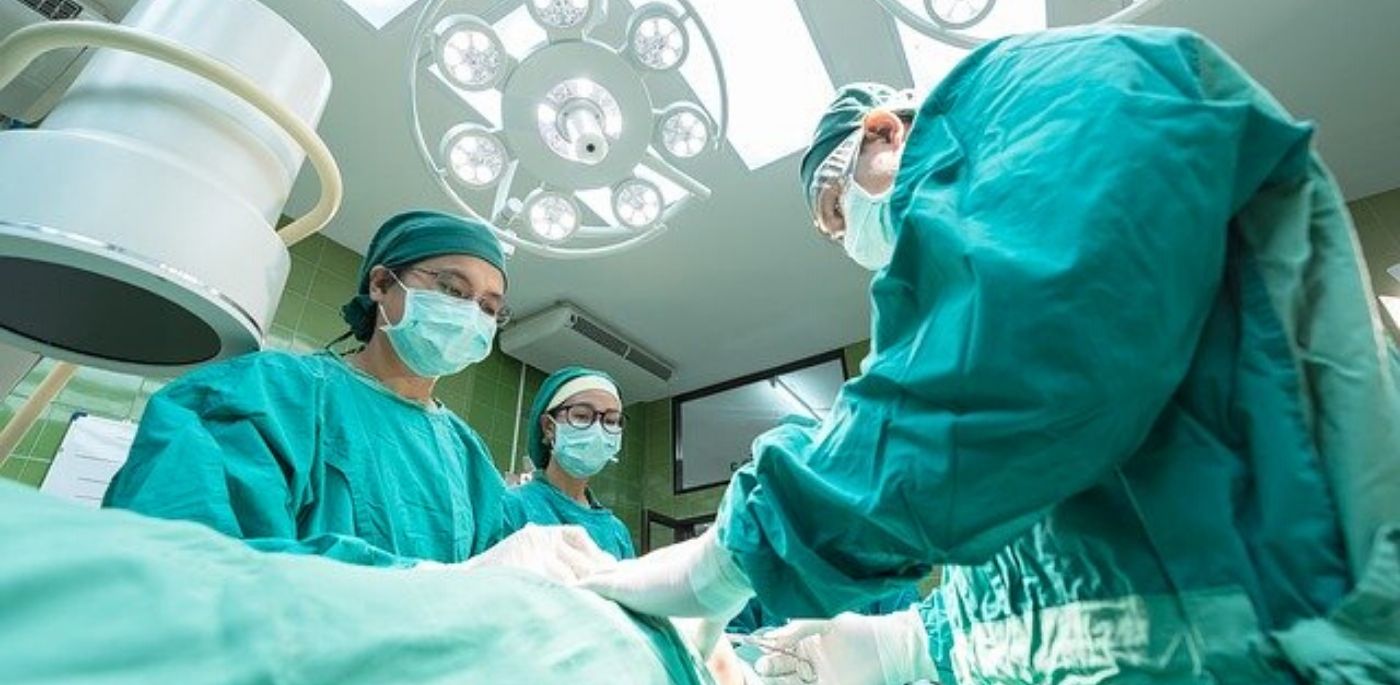Some operations and outpatient clinics at Hull Royal infirmary and Castle Hill Hospital will resume next month as hospital bosses prepare for the next stage of the COVID-19 pandemic.
Hull University Teaching Hospitals NHS Trust (HUTH) will reintroduce some non-urgent surgical procedures, investigations requested by GPs and outpatient clinics as part of its plans for the second phase of the outbreak.
Patients with suspected or confirmed cases of COVID-19 will be cared for in three designated wards at Hull Royal Infirmary to allow other wards to restart normal activities.
Retrained clinicians will continue to cover long-term absences, such as staff with underlying health conditions who are required to shield until at least the end of June.
Chief Operating Officer Teresa Cope, who is leading HUTH’s response to COVID-19, said: “We apologise to every patient whose treatment has been on hold while we deal with the pandemic and we thank them sincerely for their understanding.
“We won’t sugar-coat the situation or pretend this is not serious. We know many of our patients have waited – and will continue to wait – far too long. We are so sorry about that.
“But we are doing everything we can to restart services as soon as possible while ensuring we are not overwhelmed by the pandemic.”
Although urgent and emergency surgery, as well as cancer treatment, continued, outpatient appointments and non-urgent operations were cancelled by hospitals all over the country in March to protect the NHS and create enough intensive care capacity for those with the most severe form of the virus.
Almost 90 patients with suspected or confirmed COVID-19 are still receiving treatment at the hospital and 119 have died since March 19. Around 280 people have been well enough to go home.
As part of HUTH’s second phase planning, COVID-19 bed numbers have been scaled back from more than 200 to 170. The long-term plan to have all patients with suspected or confirmed cases of the virus at Hull Royal Infirmary unless their clinical teams decide they should be elsewhere.
Some non-urgent surgical procedures and treatment will be reintroduced over the coming weeks and telephone and video clinics will continue wherever possible to prevent people making unnecessary trips to hospitals. People considered a higher clinical priority will be called in and tested for COVID-19 before their procedure goes ahead in line with the trust’s policy to test all patients on admission or before surgery.
In line with national guidance, visitors will only be allowed onto wards in exceptional circumstances, such as to be with a loved one at the end of their lives, to protect staff and patients from the infection.
Services will only be introduced when there is enough personal protective equipment (PPE) to keep staff and patients safe from the risk of infection.
Teresa Cope said “We coped really well with the surge in admissions, which wasn’t as severe as the national modelling originally predicted because people listened to the advice and stayed at home.
“This is far from over. We still have around 90 patients with COVID-19 on our wards, with new admissions every day, and we expect it to remain like this for most, if not all, of this year.
“People are aware of the global demand for PPE. The safety of our staff and patients remain a priority for us and we will only reintroduce services when we are confident of keeping everyone safe.”
Over the coming weeks, people waiting for treatment will be notified by the trust’s administrative team if their appointments have been rescheduled. Please do not contact the trust directly to find out if your treatment is to be rescheduled as this will only add to the pressure on the organisation.

